Deciding whether to rent or sell your home has significant implications for your finances and your lifestyle, especially in the unique landscape of Connecticut’s real estate market. As a seasoned local real estate agent, I understand the complexities of CT property ownership, and I’m excited to help guide you to a decision that works best for you.
In this comprehensive guide, we’re exploring the factors that Connecticut homeowners should consider when deciding to rent or sell their homes. We’ll look at income potential, market trends, tax implications, and process requirements. But, first, let’s discuss your financial goals and what you’re hoping to achieve with your next move.
Clarify Your Financial Goals
Before you start exploring the many considerations of deciding between renting and selling your home, take some time to consider your financial goals.
What are you looking to achieve financially from renting or selling?
Here are a few questions to help you clarify your financial goals:
- What does the next phase of your life look like? Are you moving into a larger home? Relocating for your career? Or perhaps you’re ready to downsize to a home that better suits your current lifestyle. Maybe you’re even exploring retirement.
- Where are you planning to move to? Do you currently have the means to support yourself after the move? Will you need a large sum for a downpayment? Might you even be able to pay cash for a new home?
- Do you have any debts you would need to pay off to move comfortably into your next chapter?
Additionally, take a moment to consider yourself as a financial manager. If you were to receive a large lump sum from the sale of your home, do you have the financial knowledge and discipline to make wise investment decisions with that money? If money management is a concern, do you have a financial advisor who could assist you? Or, would you rather receive passive rental income in more manageable amounts?
Explore Your Income Potential
Do you know how much your house could sell for in today’s market? Or how much it could rent for?
The income potential of a sale vs. a rental can be a driving factor for many homeowners. If your local rental market doesn’t command high enough rental rates to cover your property expenses, selling might be a clear winner over renting. But if there is a high demand for home rentals, it may be financially advantageous to rent your home out instead of selling.
Finding out what your home is worth can be as simple as reaching out to your local real estate agent. I gladly offer free home value estimates for local Connecticut homeowners. And I have a nationwide network of real estate professionals who can help homeowners outside of CT. Having an agent review local home sales to determine your property’s value is a much better option than relying on online home value estimates, which are notoriously inaccurate. Even if you’re not sure yet about selling, you can simply contact me to request a free home value estimate. I want to make sure you have the information you need to make an informed decision!
Similarly, a qualified real estate agent can help you determine how much you can potentially make by renting out your house. I can review current rentals near your home to establish how much today’s renters are willing to pay. This information can help you decide if you’d rather rent or sell.
Evaluate Market Trends
While it’s helpful to know how much your house is worth and how much it could rent for, understanding market trends will give you a more complete picture of the pros and cons of renting vs. selling.
If, for example, your local area is experiencing strong seller’s market conditions, you have strong negotiating power, and you could find favorable terms by selling now. But if it’s a softer buyer’s market, the buyers have greater leverage, so you might prefer to rent the house now and sell when the market shifts.
Or, consider appreciation rates. If property values are increasing rapidly, you might decide to rent the property out, expecting to sell at a later time for more money. But, if property values have stabilized, you might prefer to sell now as future gains may be limited.
It’s worth noting that no seller should expect to perfectly time the market. None of us can know exactly when demand or home values will peak. Instead, your goal should be to make the most of your current market conditions to achieve those financial goals you clarified in step one.
Consider the Tax Implications
Whether you choose to rent or sell, there will be income tax implications from your decision.
First, consider the tax benefits of rental property ownership. Most rental owners are able to deduct operating expenses (like maintenance costs), property taxes, and any mortgage interest paid on the property. Additionally, most rental owners can deduct “depreciation.” Depreciation simply means that structures theoretically deteriorate and lose value over time. And the IRS allows property owners to deduct these theoretical value declines from their income taxes over the “useful life” of the structure. This can reduce your income tax burden while you own the property, which is especially helpful for property owners on a fixed income. However, if you sell the property for more than you invested in the property (which would mean the structure didn’t actually lose value), you would need to repay those deductions from the proceeds.
Then there are the tax benefits of selling. Every seller is required to pay “capital gains taxes” on the sale of real estate. However, when you sell your primary residence, you are allowed a tax exemption (up to $250,000 for single taxpayers and $500,000 for married taxpayers filing jointly). This can dramatically reduce your tax bill, potentially even allowing you to avoid a capital gains tax bill entirely!
Taxes are complex, so it’s worth discussing your unique financial position with a tax advisor before finalizing your decision to rent or sell.
Review the Time and Effort Requirements
Finally, you need to consider the process of renting out your home vs. selling.
In either case, you will need to prepare the house for market, which means:
- Decluttering, depersonalizing, and deep cleaning.
- Marketing the property (either for sale or for rent).
- Having potential renters or buyers tour the property.
If you decide to sell, I can assist with every step of the sales process. I can create a custom marketing plan to attract qualified buyers and negotiate on your behalf to get you the best deal possible. Then you will be free to move into the next chapter of your life!
If you decide to rent your home out, you’ll need to be able to commit some of your time to servicing the property, or you’ll need to hire a property manager to handle the day-to-day management for you. Rental properties require ongoing efforts to:
- Screen qualified renters,
- Draft lease agreements,
- Collect rent payments,
- Handle maintenance requests, and
- Negotiate lease renewals.
It is possible to manage your rental property yourself, especially if you live close enough to physically visit the property regularly. If you’d prefer to interview a property manager, just contact me, and I can provide a referral to a reputable property management firm.
In most cases, renters pay on time and take reasonable care of the property. But homeowners who are considering renting should note that things don’t always go according to plan. There is some risk in renting your property. Late rent payments can create financial strain (especially if you need the rent to cover the mortgage). Renters can damage the property. And, in extreme cases, renters may need to be evicted for non-payment, which can be a stressful and expensive proposition.
The Bottom Line
When you’re deciding to rent or sell, remember that there is no wrong answer. Either option can be financially beneficial. And you aren’t required to maximize your returns. Maybe you could make more money in the long term by renting your house, but you don’t want the hassle of being a landlord. That’s okay! Now that you know which factors to consider, you can decide which factors matter most to you.
Get Personalized Guidance from a Real Estate Expert
If you’re struggling to choose between renting and selling, you can always contact me for personalized guidance. I would love to discuss your goals and provide options to help you make the most of your position as a homeowner. We can even explore less conventional options, like seller carry-back financing, in which you sell the house, but act as the lender for the buyer. This allows you to collect recurring passive income, rather than a lump sum, without the responsibility of being a landlord.
As a licensed real estate agent, I have helped countless Connecticut homeowners navigate the real estate market. And I’m excited to help you as you make your next move!
Whether you’re ready to make a move today, or you just want to explore the potential of your home in today’s market, contact me today. After a friendly, no-cost consultation, you’ll be ready to make your next move with confidence!







